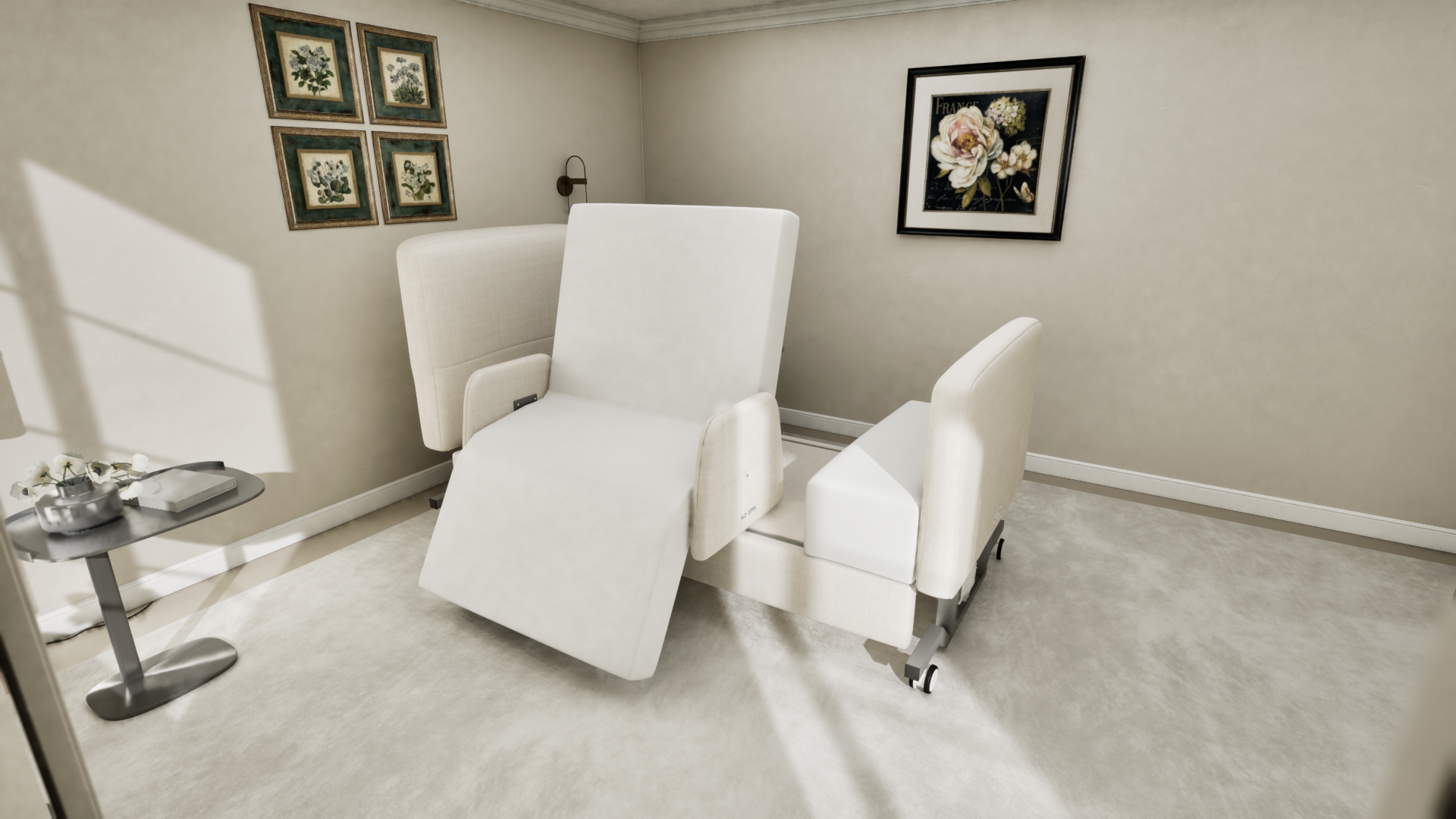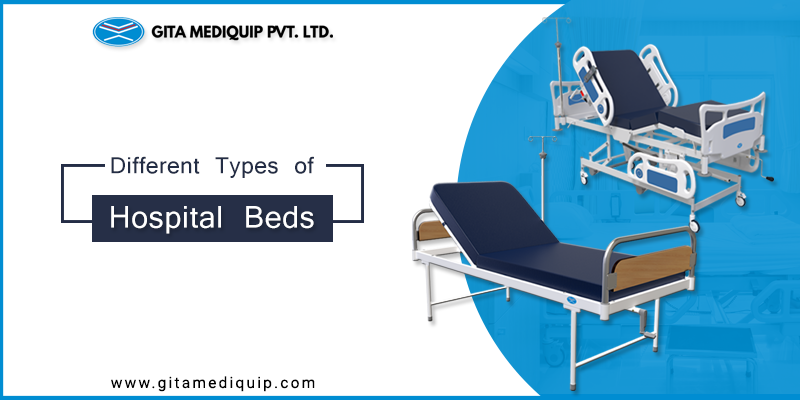More About Hospital Beds For Home Use
Table of ContentsThe Best Strategy To Use For Hospital Beds For Home UseThe Of Hospital Beds For Home Use8 Simple Techniques For Hospital Beds For Home UseHospital Beds For Home Use Fundamentals Explained8 Simple Techniques For Hospital Beds For Home UseSome Known Factual Statements About Hospital Beds For Home Use The Best Guide To Hospital Beds For Home Use
There are 3 major sorts of hospital beds: handbook, semi-electric, and fully-electric. More kinds of clinical beds exist and they are noted below. These beds use hand cranks to adjust the bed's height and elevate and decrease the head and the foot. Hand cranks are generally located at the foot of the bed and call for an individual that is physically efficient in operating.
Semi-electric beds have an electric motor to raise and reduce the head and foot sections of the bed. Patients and caretakers readjust the placing by pushing switches making use of a hand pendant. The height of the bed is changed by hand with a hand crank. Full-electric beds have an electric motor that can increase the head and foot sections of the bed as well as the entire height and positioning of the bed.
Some Known Details About Hospital Beds For Home Use
Some models can additionally relocate right into more placements, such as the Trendelenburg (tilt) setting. There are a number of types of medical facility beds, each designed to fulfill particular patient demands. Here are some common kinds: This is the most typical type of medical facility bed, made for general clinical usage. It has a guidebook or electrically flexible headrest, footrest, and elevation.
Lower to the ground than a common bed. This type of bed is developed for bigger patients, with a larger structure and higher weight capability than a standard bed.
This sort of bed is developed for critically sick individuals that call for open surveillance and specialized medical tools such as ventilators and infusion pumps. This sort of bed is created for use during labor and shipment, with adjustable settings and functions to sustain the mommy and baby during the birth process.
About Hospital Beds For Home Use
Numerous feature and the accessories perform expanding traction to various parts of the vertebra and the extremities without moving the body. These are simply a few examples of the kinds of health center beds readily available. The certain kind of bed used will certainly depend upon the individual's condition, clinical requirements, and other elements.
Here is things you require to understand. A one-function medical facility bed is a clinical bed that enables a client to move just the head or foot section up or down. A 2 function healthcare facility bed generally describes a kind of clinical bed that has 2 adjustable functions to aid individuals in medical facilities or care facilities.

Some Known Facts About Hospital Beds For Home Use.
A 7-function ICU bed is a type of medical bed that supplies a number of flexible functions to sustain seriously sick clients in a critical care unit (ICU) (hospital beds for home use). The seven functions normally consist of: Back-rest change: The backrest can be adapted to different angles to assist the person stay up or rest comfortably
Elevation adjustment: The bed can be raised or lowered to make it easier for individuals to enter and out of bed, and for caretakers to offer treatment. Trendelenburg position: look at this now The whole bed can be slanted to promote blood circulation and blood circulation in the body. Reverse Trendelenburg placement: The bed can additionally be slanted in the contrary instructions to promote blood flow and circulation in the top body.
While more inexpensive than electric versions, these beds need exertion for changes. The primary advantages of manual beds are their cost and reliability, as they do not rely upon electrical energy. Nonetheless, the requirement for manual why not look here initiative can be a restriction in scenarios where fast changes are needed or where caregivers deal with physical challenges.
Some Known Factual Statements About Hospital Beds For Home Use
Semi-electric health center beds use an equilibrium of guidebook and electrical controls. These beds give a perfect middle ground in between manual and totally electrical options, offering simplicity of use without the full cost of electric designs.
Semi-electric beds are appropriate for clients that require modest modifications to the head and foot areas yet can take care of without constant elevation changes. This makes them an affordable service for those seeking comfort and convenience without the need for consistent repositioning. Totally electric hospital beds include electric controls for smooth changes to the height, head, and foot areas.
Specialty hospital beds, such as ICU beds, long-term treatment beds, and bariatric beds, are thoroughly developed to address specific clinical needs. These beds use customized look after varied person teams, enhancing both outcomes and convenience. In the following areas, we will discover the major types of specialized her explanation health center beds, describing their specific advantages and applications.
With years of experience in producing electrical direct actuators - hospital beds for home use and close partnership with the healthcare market, TiMOTION is well-positioned to provide trustworthy health care options. Our vertically incorporated firm handles every action of the manufacturing process, from layout to actuator assembly, ensuring we deliver extraordinary worth and customized remedies customized to your certain demands
Not known Details About Hospital Beds For Home Use

For more information regarding integrating these technologies right into your products, contact us today. Additional reading:.
Data is sourced from the Medicare Cost Report.

9 Easy Facts About Hospital Beds For Home Use Shown
A hospital bed is a bed designed particularly for medical functions. It is not only an area for clients to rest, but additionally a system for clinical procedures. Unlike common home beds, medical facility beds usually have flexible attributes, which can assist in medical personnel to make different modifications according to the needs of people, such as altering the height, inclination, and assistance angle of the back and legs of the bed.